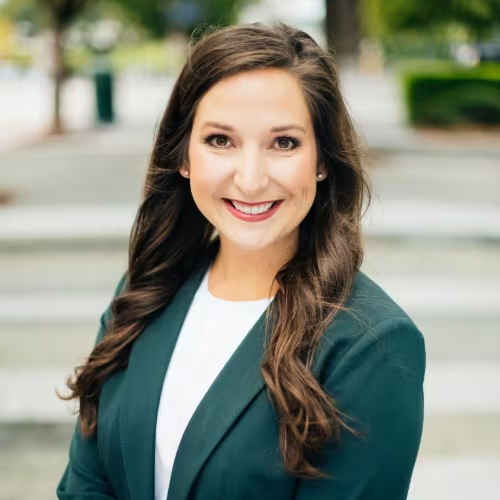If your business provides services or advice to others you should consider Professional Liability Insurance. Typical General liability insurance covers direct damage claims your business may experience from the normal day to day operations and products, such as Bodily Injury (someone gets hurt) or Property Damage (something gets broken). Professional Liability insurance, on the other hand, focuses on protecting against the alleged rendering, failure to render, or inadequate performance of your service or advice. These claims may not involve Bodily Injury or Property Damage, but rather a financial loss by the customer.
What Kind of Businesses Typically Need Professional Liability Insurance?
In the purest sense, all businesses have some level of Professional Liability risk. Most businesses have a minimal amount of risk where this special coverage is not required – a basic retail store should not pose a Professional Liability exposure, as long as the store is not providing any other services or offering advice. Other professions, however, such as attorneys, accountants, and doctors for example, have a significant exposure because of the expertise they provide. Additional professions that should consider Professional Liability are:
- Consultants (customer is not happy with your advice, or results are not as expected)
- Architects & Engineers (bad design or does not fit customer’s needs/expectations)
- Photographers (customer is not happy with the pictures)
- Graphic designers (customer is not happy with the design)
- Information technology consultants (the design of software/hardware does not satisfy customer’s needs)
- Insurance professionals (customer doesn’t get the right kind of coverage)
- Investment advisors (customer isn’t happy with the results)
- Management consultants (customer is not happy with your advice, or the results are not as expected)
- Real estate agents and brokers (customer is not happy because they overpaid or undersold)
- Software developers (the design of software does not satisfy customer’s needs; doesn’t work, or creates other hardship)
- Any business offering advise, consultations, and professional opinions
- If you’re not sure, contact Lewis Mohr Insurance
As you can see, the failure to meet or satisfy a customer’s expectations is a Professional Liability risk you may face. And, since these claims do not involve Property Damage (nothing was broker/damaged) or Bodily Injury (no one was hurt), a standard General Liability would not provide the appropriate protection to your business. Rather, these claims involve the customer alleging a financial hardship or other unquantified burden, because of your alleged failure or inadequate performance of a service or advice. This is where a Professional Liability policy comes in.
What Does Professional Liability Insurance Cover?
Professional Liability Insurance, done correctly, protects your business against the alleged failure or inadequate performance of your service, advice, or expertise. Within the Professional Liability insurance policy, the core coverage is intended to pay for the financial damages or loss that you become liable, or responsible, for because of your negligence. More importantly, and for Professional Liability claims especially, the policy normally includes defense protection to you; this could be in the form of an insurance paid lawyer, should the claim involve a lawsuit. This defense protection is critical as most Professional Liability claims are rooted in a difference of opinion or mis-understanding between you and the customer – again there typically is no property damage or bodily injury involved. The customer is unhappy just “because”.
Professional liability is available in two formats. The first, and most common, is called a Claim-Made (or Claims-Made and Reported) basis. This means that you must have a policy in force at the time of loss and the claim has to also be reported during the policy period, hence the ‘Claims Made’ name. This type of Professional Liability policy requires the policyholder to timely report any instance as soon as the incident happened to the insurance company. Note: A Claims-Made and Reported is a more restricted version of a Claims-Made policy.
The other type of Professional Liability coverage form is called an “Occurrence” basis. This policy is permanent coverage, as the protection is available forever and the only requirement is that the incident, or loss, ‘occur’ in the policy. Because of this permanency of coverage, an Occurrence basis policy is much more expensive, and not always available.
For either coverage form, it is critical that you correctly identify and schedule all the different services, consultation, and opinions or advice on to the policy coverage. Failure to do so, could result in the claim not being covered. Other considerations include deciding the appropriate coverage amounts, how will the defense costs be handled (is it a part of the limits of coverage or outside?), review of the exclusions, limitations or other conditions, and if you have any input on the Attorney, and/or the Final Settlement. Each part of the Professional Liability insurance policy needs to be structured correctly to ensure you have the appropriate coverage and protection in place – before the claim happens.



